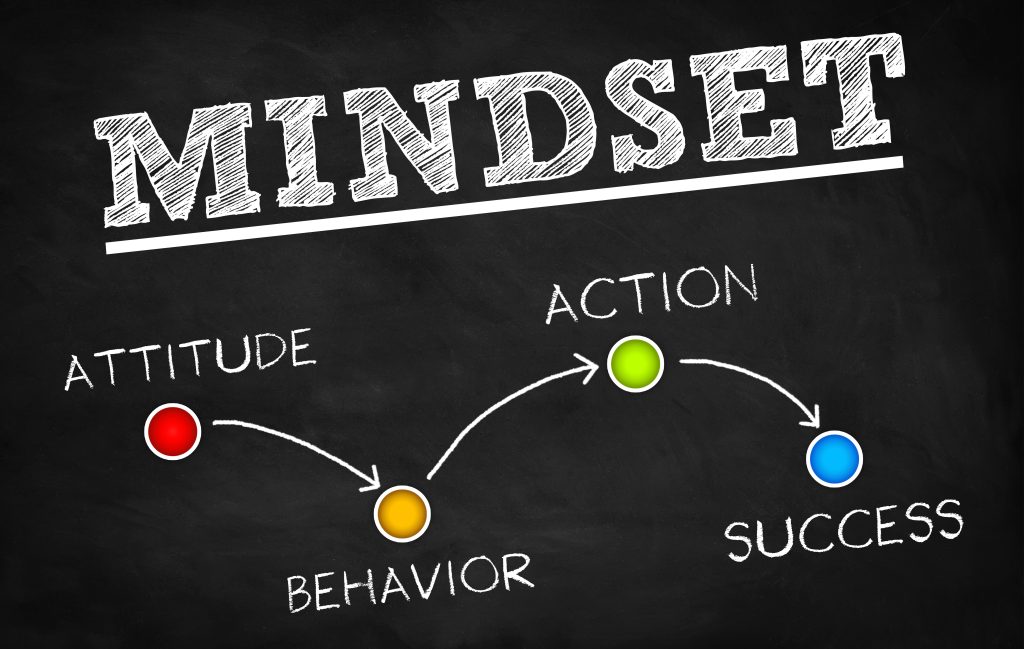You might not know the difference between a fixed mindset and a growth mindset, but there are some pretty powerful distinctions between the two and one is certainly more preferable than the other.
Whichever mindset you have depends on how you bounce back from failure or rejection, something which we all hate to admit to but likely experience on a regular basis.
One thing I am passionate about is teaching behind-the-scenes tips that are more related to revision organisation or personal accomplishment, themes I carry through to my Accounting Exam Accelerator Programme and include in-depth when speaking with students.
We should all strive to have a growth mindset and it’s important to acknowledge the differences between the two to stay on track and not fall into a negative pattern as we easily can.
What Is A Fixed Mindset?
Starting with the more negative of the two, a fixed mindset is one which looks at the present time rather than thinking ahead.
It also stifles any chance of moving beyond set-backs as it means you become fixated on the negative outcomes rather than excelling past rejection.
You would find yourself harbouring every negative thought about previous times where you have failed to meet a target and this ultimately leads to you creating a wall that you can’t move past.
Frankly put, a fixed mindset can be a disaster in the way you look at personal failures, exam failure, business failure and life in general.
What Is A Growth Mindset?
Now for the more positive option, a growth mindset has a positive outlook on life and sees knock-backs as something which you can build upon and learn from rather than holding you back from progressing.
It pretty much does what it says on the tin by ensuring that we are constantly growing and accepting when we make mistakes, but more importantly we are not allowing the negatives to outweigh the positives and have an overriding effect.
Rather than feeling completely deflated, a growth mindset allows for room for improvement and enables us to carry on with our career journey, retaining the positive elements, not the negative.
How To Change From Fixed To Growth?
The fixed mindset can be for all intents and purposes the nail in your coffin for success and we definitely don’t want that, so it’s imperative that you find a way to shake it off and alter your outlook, however drastic that may sound at first.
The key here is you will get back what you put in and as you are destined to make mistakes, however hard you can try to avoid them, how you react is what defines your mindset and your subsequent progression.
You can probably look back and recount numerous ways you just walked away from something because it wasn’t easy or you found that you weren’t an expert immediately, but there is ultimately no use harping on about the past and your focus now should be to learn from the vast amounts of previous opportunities and not make repeated mistakes.
How To Put This Into Practice For Your Accountancy Exams?
Set up your revision to learn from the mistakes you have already made, or if you have failed previously make sure you learn from that also.
I constantly speak about past papers and my blog Why Past Papers Are Your Best Revision Tool covers just why they should be your number one revision tool, with this being a great opportunity to showcase how to learn from your mistakes.
Complete a mock or past paper under timed condition and assess where your weaknesses lie, whether it be timing issues, content difficulties or otherwise, and build on this – you might not have passed the test if you were to have been formally graded but you can know for next time and gain positive feedback from what would have been a set-back.
Enable yourself to evolve and see how your writing style changes for the better once you’ve critiqued yourself, or even ask someone else to mark what you have produced based on the mark scheme.
A growth mindset is also beneficial in aiding your mental health as it ensures that you don’t end up swirling with doubt.
People using the fixed mindset don’t learn or move beyond the failures and tend to be stuck in the past, so you have to accept the challenge and admit that you’re not there yet but you are firmly on the way.
As cliché as it sounds, with hardwork and determination, you can achieve everything you want and more, but you have to truly want it.
Failure just simply means you weren’t ready – you will be ready the next time a test comes around the corner, or the time after that, as long as you persevere.
I have learned this from experience and can’t help but think it has made me a better person, despite how frustrated I might have been when I was first faced with defeat.
We all have our moments, but we have to fight through it or end up left behind and there’s far too much potential to just be left behind without even attempting to succeed.

